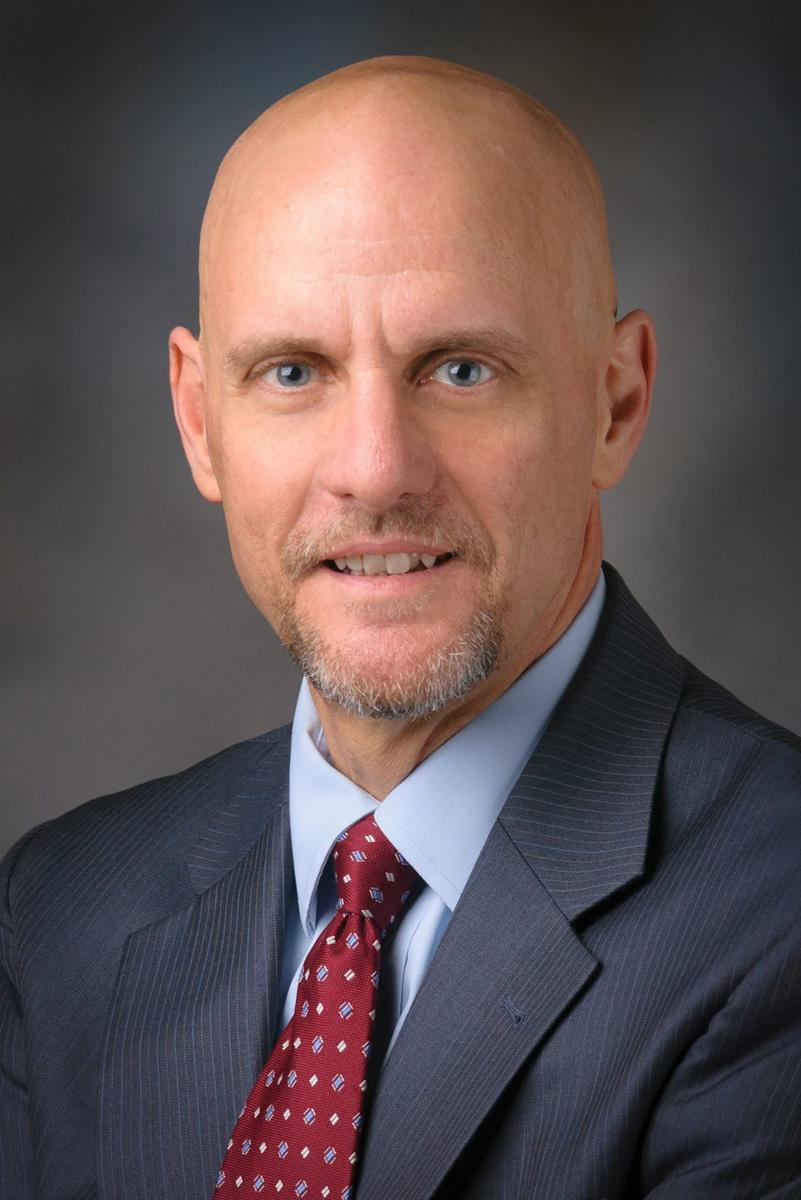Trump Nominates Stephen Hahn, M.D., as Next FDA Commissioner
Stephen Hahn, M.D., is an executive at the University of Texas M.D. Anderson Cancer Center.
Change is coming to the U.S. Food and Drug Administration (FDA) as Stephen Hahn, M.D., an executive at the University of Texas M.D. Anderson Cancer Center, is set to become the next commissioner of the agency, president Donald Trump today announced.
Trump was required to appoint a permanent replacement or a new interim commissioner by Nov. 1.
Hahn will fill the vacancy left by Scott Gottlieb, M.D., who was a pioneer in the FDA’s focus on digital health. Since Gottlieb stepped away from his role in April, Norman Sharpless, M.D., has been serving as the acting commissioner.

Stephen Hahn, M.D.
Hahn’s appointment, which would first need to be approved by the U.S. Senate, would appear to be the Texas-based doctor’s first entrance into the public arena in decades. Currently, Hahn serves as a chief medical executive and is a professor in the department of Radiation Oncology at the UT M.D. Anderson Cancer Center.
Brett Giroir, a top official at the U.S. Department of Health and Human Services, will oversee the FDA until Hahn is confirmed, Washington Post reported.
Hahn began to emerge as a frontrunner for the position in September, after reports that he had met with Trump about the job. In the past, Hahn served as the chairman of the radiation oncology department at the University of Pennsylvania and as a commander at the National Cancer Institute, part of the United States Public Health Service.
According to the reports from the Washington Post, Sharpless will return to his previous role as the director of the National Cancer Institute when Hahn’s appointment is official. Meanwhile, Gottlieb, who announced his resignation in March and stepped away from office in April, now sits on the board of Pfizer and Aetion Inc.
Once confirmed, Hahn will join an exclusive club as he becomes the FDA’s 24th commissioner and face lofty challenges as the administration attempts to navigate through issues including a historic fight against e-cigarette use in American youths, growing opioid epidemic, and reports of mysterious vaping illnesses.
Reports from the Washington Post and New York Times noted Hahn has a history of donating to political parties. Specifically, Hahn donated $1,000 to the New Pioneers PAC, a republican committee, in 2017 and for donating smaller denominations to Mitt Romney in 2012 and Rep. John Murtha in 2008.
The original article initially appeared on our sister publication, MD Mag, and can be read here.
*Editor’s note: This is a breaking news story and will be updated as more information becomes available.
Get the best insights in digital health directly to your inbox.
Related
FDA Releases Guidance Suite to Advance Digital Health Policies
FDA Issues Guidance to Increase Access to Medical Devices
FDA Proposes Guidance to Increase Patient Engagement in Medical Device Clinical Investigation
Healthy Bottom Line: The Trouble With SDOH Programs and the Secret to Improving Them
September 28th 2021Several problems exist with current programs that address social determinants of health (SDOH); however, a new social model aims to combat these issues and improve the programs’ effectiveness.